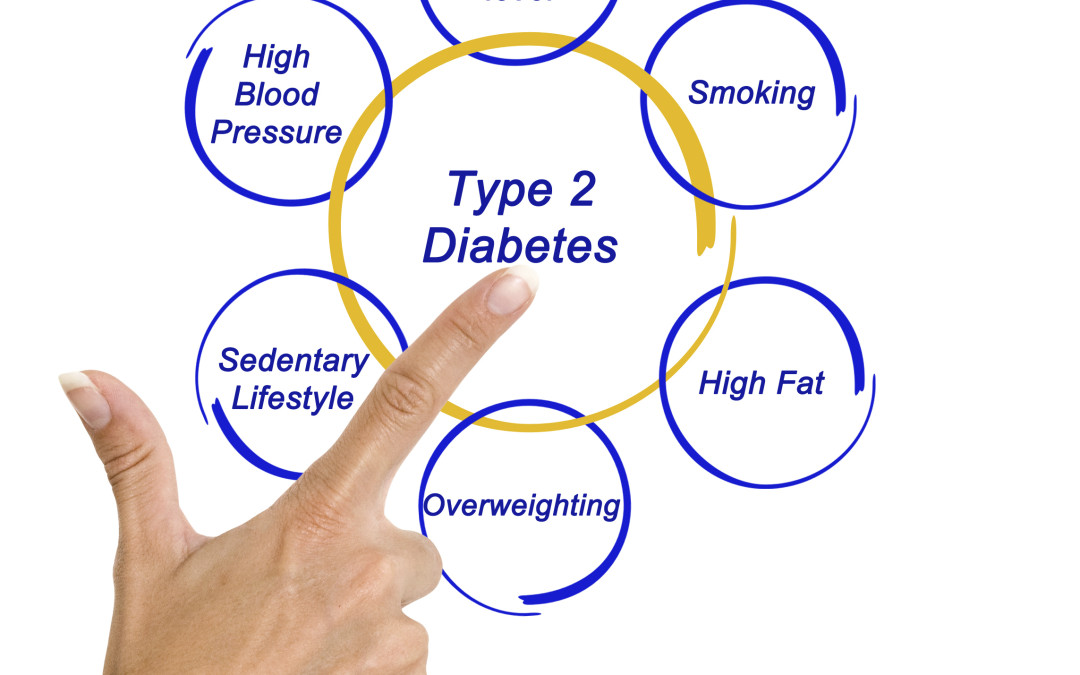
by Maureen Seel, RDN/LDN CDCES
Have you ever been told that you have bad or unhealthy cholesterol levels? If so, your doctor might have used the term “dyslipidemia” to describe your condition. Dyslipidemia covers more than just bad cholesterol, however. It also describes an excess of triglycerides—...

by Maureen Seel, RDN/LDN CDCES
Nearly two-thirds of all U.S. adults are overweight or obese. That means just one-third of the nation fall into the healthy weight range. Obesity is also rising in other parts of the world. A body-mass index (BMI) of 30 kg/m2 is considered obese. Weight loss options…...

by Maureen Seel, RDN/LDN CDCES
Every year, 1 in 10 expectant mothers develop “gestational” diabetes, a disease that appears specifically for the first time during pregnancy. Though the condition usually resolves after the baby is born, women who develop gestational diabetes are at increased risk of...

by Maureen Seel, RDN/LDN CDCES
Type 2 Diabetes: Who’s At Risk? Family History If one of your parents has type 2 diabetes, you have a higher than average risk of getting it, too. Body Weight If you are overweight or obese, your chances of diabetes are higher. Losing weight can lower your risk!...
by Patient Guide to Diabetes
Developing Good Habits What foods are best to prevent high glucose? What is carb counting? Is it safe to exercise? How do I lose weight? All of these questions (and more) are answered here. Diabetic Diet Nutrition, calories, and more No Results Found The page...




